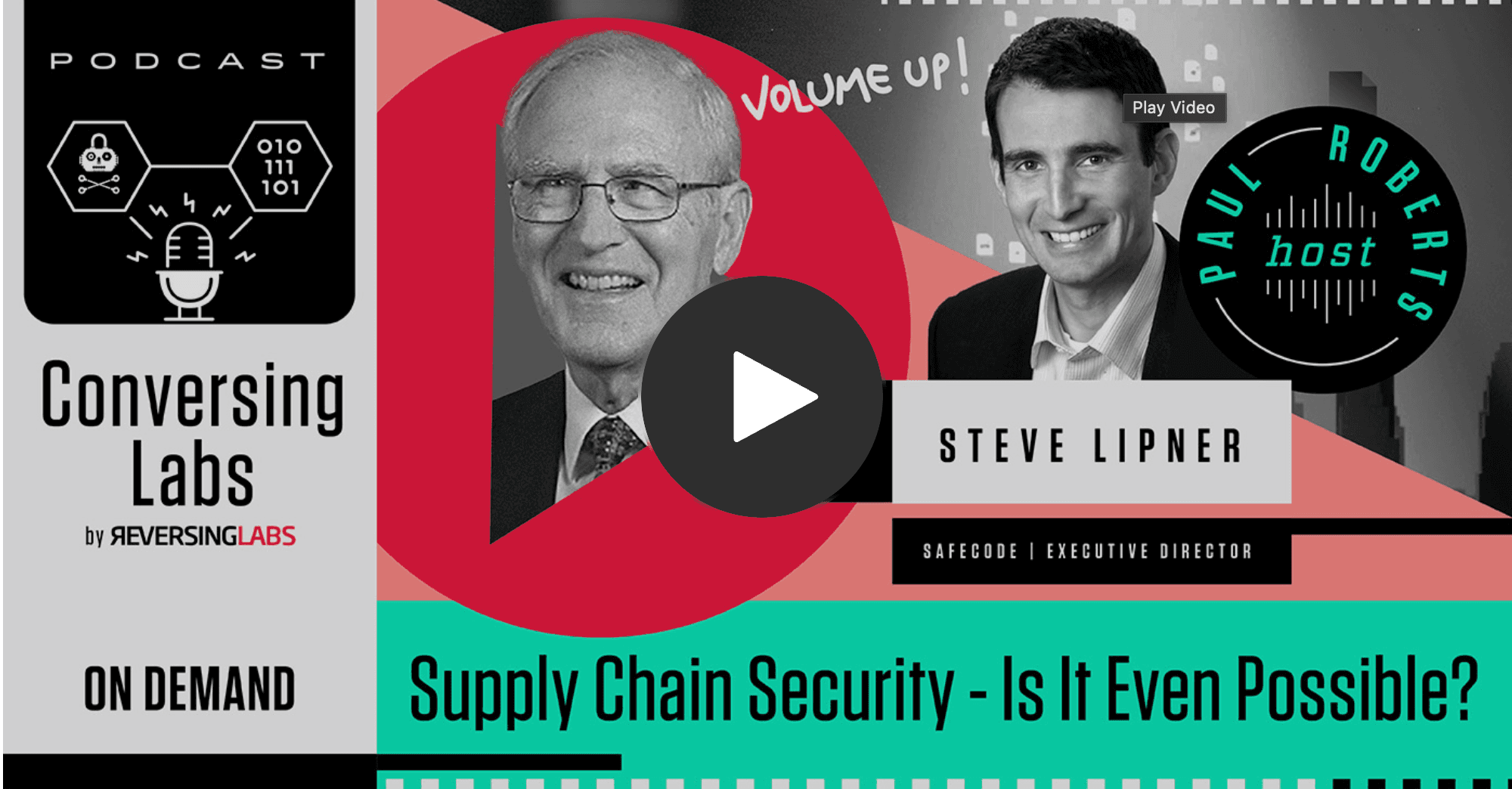

Steve Lipner of SAFECODE on Supply Chain Security - Is It Even Possible?

Bryson Bort of Scythe.io talks about the Colonial Pipeline attack and the lessons learned from the crippling ransomware attack a year ago

Dependency Confusion As A Tool For Targeted NPM Hacks



